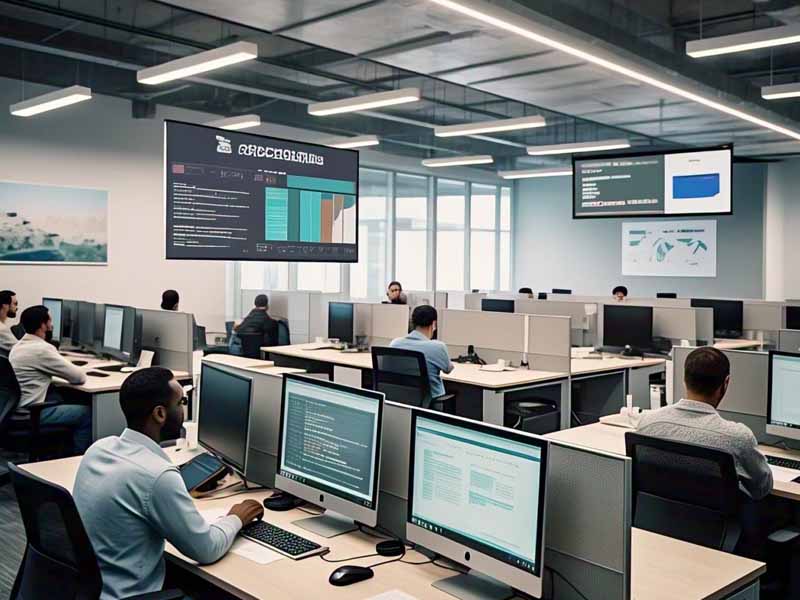
Resilienceapac – Enhancing digital infrastructure in an increasingly digitalized world has become a key factor in accelerating economic growth and improving quality of life. Beyond disaster management, technology plays a vital role in ensuring broader and more equitable digital access across regions. Countries like South Korea and Singapore are leading the way with their advanced 5G networks, while remote areas in India and the Philippines are benefiting from satellite internet initiatives.
South Korea and Singapore stand out as success stories in the deployment of 5G networks, offering exceptional internet speeds and low latency. These advancements open up new possibilities for industries, healthcare, and education, enabling more efficient operations. 5G technology provides a foundation for innovations like Internet of Things (IoT), artificial intelligence (AI), and industrial automation, which further accelerate the digitization of public services and businesses.
The successful implementation of 5G in these leading countries has also inspired others to pursue the development of their own digital infrastructures. However, challenges remain for developing nations, particularly in terms of investment and expanding networks to remote areas that still lack high-quality internet access.
“Christopher Marlowe, The Trailblazer of Tragic Drama”
While major cities enjoy the benefits of 5G, remote areas in India and the Philippines are seeing positive impacts from satellite internet initiatives. With the help of companies like Starlink and OneWeb, previously underserved regions are gaining stable internet access.
This technology is bridging the connectivity gap for communities, enabling them to access online education, telemedicine services, and remote work opportunities. As digital access improves, the disparity between urban and rural areas continues to shrink, opening up opportunities for people to thrive in a digital world.
Enhancing digital infrastructure goes beyond just driving economic transformation. It also has a significant social impact. Better access to online education, digital healthcare, and technology-driven economic opportunities allows people in diverse regions to grow and adapt to the changing landscape.
With ongoing efforts to expand both 5G networks and satellite internet, the world is moving toward a future that is more connected and inclusive. Digital connectivity is no longer a luxury, but a fundamental foundation for building smarter, more innovative, and competitive societies in the digital age.
“Digital Platform: Enhancing Connectivity and Accessibility”
Resilienceapac - Japan Halts Health reforms after growing political pressure and public opposition forced the government to delay a sweeping…
Resilienceapac - Red Alert warnings were sounded across large swathes of China this week as relentless floods battered northeastern and…
Resilienceapac - Reshaping the Workforce has emerged as a defining achievement in East Asia and the Pacific over the past…
Resilienceapac - The Japan Robotic Revolution is taking center stage as the country faces an escalating labor shortage driven by…
Resilienceapac - Empowering Women through resilient infrastructure is taking center stage in Asia-Pacific’s development agenda, as highlighted during a recent…
Resilienceapac - Transition Credits are emerging as a vital instrument to support Asia’s clean energy transition. In the very first…
